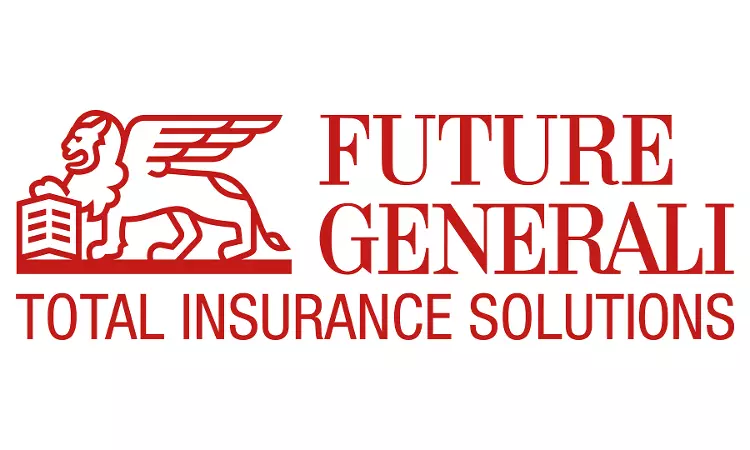The District Consumer Disputes Redressal Commission-II, Jodhpur (Rajasthan) bench comprising Dr. Shyam Sundar (President) and Afsana Khan (Member) held Future General Total Insurance Company liable for deficiency in service for wrongfully charging the insured based on 'no-payment received' despite faulting at its end. The District Commission concluded that the insurance company committed...

